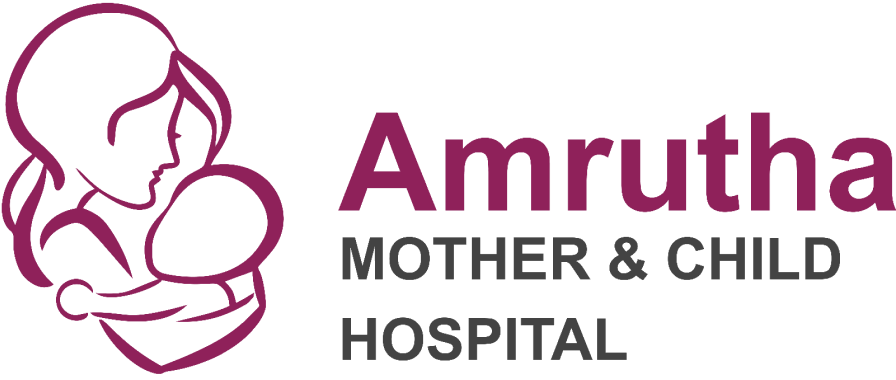The Neonatal Intensive Care Unit (NICU) is a critical space where premature or medically fragile newborns receive life-saving care. Traditionally, NICUs operated with limited parental involvement, focusing primarily on clinical interventions. However, a transformative shift is taking place across India—family-centered care is becoming a cornerstone of neonatal treatment. This approach not only improves medical outcomes but also fosters emotional healing and long-term developmental benefits for both babies and their families.
What is Family-Centered NICU Care?
Family-centered care (FCC) in the NICU is an approach that recognizes the vital role families play in a newborn’s health and recovery. It promotes collaboration between healthcare professionals and families, empowering parents to actively participate in the care of their infants. FCC encourages:
- Open communication between staff and families
- Unrestricted parental access to the NICU
- Parental involvement in decision-making and caregiving
- Emotional and psychological support for families
This model shifts the NICU from a technology-driven environment to one that balances clinical excellence with compassion and connection.
Why This Shift Matters in India
In India, where neonatal mortality rates remain a public health concern, the inclusion of parents in neonatal care is a game-changer. Studies and pilot programs across Indian hospitals have shown that family-centered NICU care leads to:
- Improved infant weight gain and breastfeeding rates
- Lower rates of infection and hospital readmission
- Reduced stress and anxiety among parents
- Stronger parent-infant bonding, essential for early development
Hospitals like AIIMS and other institutions under the Ministry of Health have started implementing FCC protocols with remarkable success.
Key Components of Family-Centered Care in Indian NICUs
1. Kangaroo Mother Care (KMC)
This method involves skin-to-skin contact between the mother and baby, promoting warmth, breastfeeding, and bonding. KMC is now widely encouraged in both public and private NICUs across India.
2. Parental Education
Hospitals are training parents to perform essential caregiving tasks, from feeding to basic hygiene. This builds confidence and ensures continuity of care after discharge.
3. Emotional and Psychological Support
Counselors and NICU staff provide emotional support to families, helping them navigate the stress and uncertainty that often accompany a NICU stay.
4. Family Support Rooms
Many NICUs are setting up family-friendly spaces where parents can rest, breastfeed, or spend time with their baby in a more natural setting, encouraging a sense of normalcy.
Challenges and the Road Ahead
While the shift to family-centered care is gaining momentum, challenges remain. These include:
- Limited infrastructure in rural or overcrowded hospitals
- Staff training and awareness gaps
- Cultural and societal barriers around parental involvement
However, continued advocacy, government support, and public-private partnerships are helping to overcome these obstacles. As more hospitals adopt FCC practices, India is paving the way for a more compassionate, inclusive, and effective neonatal care system.
Conclusion
Family-centered NICU care is not just a medical advancement—it’s a movement towards healing together. By recognizing parents as partners, Indian hospitals are nurturing not only newborns but also resilient families ready to face the future. As this model becomes the new standard, we can look forward to healthier babies, empowered parents, and a brighter beginning for the smallest lives.










